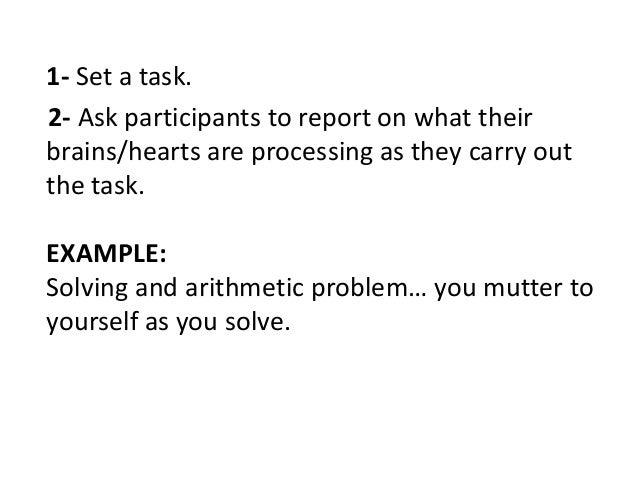


Renewed passion and Purpose: Critical self-reflection gave coaches the space to re-evaluate their niche, approach, and style as a coach. Increased Self-awareness: Critical self-reflection in the form of journaling allowed coaches to be more present with clientsCoaches felt more energetic, alert, and curious in the moment leading to a more positive experience for both partiesCoaches felt more able to recognise the need for self-care and its impact on their practice. Coaches felt more focused and able to switch attention between clients. Supportive Structure and Discipline: Coaches appreciated the opportunity to slow down, and made a deliberate effort to start and stop before each session. What about this coaching session surprised you the most? (This could be something about your own reactions to what went on, or something that someone did, or anything else that occurs to you.įive themes emerged highlighting how self-reflection added meaning to the coaching relationship and improved coaching practices What action or experience in this coaching session did you find most puzzling or confusing?ĥ. What action that anyone in the session (group member, client, you, colleague) took in this session did you find most affirming or helpful?Ĥ. At what moment in this session did you feel most distanced from what was happening?ģ. At what moment in this session did you feel most engaged with what was happening?Ģ. Life Coaching Critical Incident Questionnaire (LCIQ)ġ. SELF REFLECTION DEFINITION PROFESSIONAL
What is the value of critical self-reflection activities within the life coach’s professional development?įor the purpose of this study participants were asked to complete the Life Coaching Critical Incident Questionnaire (included below) after each coaching session for 8 weeks, submit a journal summary of their experience biweekly, and attend an interview at the end of the study. How do reflective experiences provide meaning to the life coaching relationship?. The study focused on the following research questions Five certified coaches with a minimum of 100 coaching hours, and an active practice (including more than 5 clients weekly) took part. Kristal (2009), suggests that coaches use critical self-reflection to improve self-awareness, develop a flexible coaching approach and identify authenticity in coaching activitiesĪ qualitative approach was employed in the current study aiming at capturing the lived experience of the participants. Brookfield (1995), highlights how critical self-reflection plays a key role when making decisions, developing a rationale for practice, and keeping perspective about one’s own abilities and limits. 
(2009), argue that critical self-reflection leads to transformative learning for adult learners Why is critical self-reflection important for coaches? Authors also make a case for introducing critical self-reflection as a core competency in the credentialing journey of new life coaches. How often do we though, as professionals practise self-reflection? Drawing from research in life coaching and adult learning the current study explores the benefit of critical self-reflection activities for coaches in connecting with clients, improving skills, and renewing purpose of one’s work. If you’re impatient or just time spent, cruise your way to the outcome at the end of the article for the conclusion.Ĭoaching: An International Journal of Theory, Research and Practice, Volume 11, Is AIM OF STUDYĪs coaches we ask our clients to self-reflect on how they think, feel and act to enhance their learning and achieve transformation. So let’s see if ‘what’s good for the geese is good for the gander’ as they say. Grab a coffee and dive in for the reveal. This piece, The Experience of Critical Self-Reflection by Life Coaches takes a look at Coaches which makes for an interesting read in terms of levels of self-reflection, their development as reflection is an area of focus with clients. The Experience of Critical Self-Reflection by Life Coaches: A Phenomenological Study (Lynn Shaw & Michelle Glowacki-Dudka).Īs members of the ICF (International Coaching Federation) and our role within the Research and Science Committee ICF Singapore Chapter, we have the opportunity to share with you crucial learnings from the coaching industry and its clients (coachees).







 0 kommentar(er)
0 kommentar(er)
